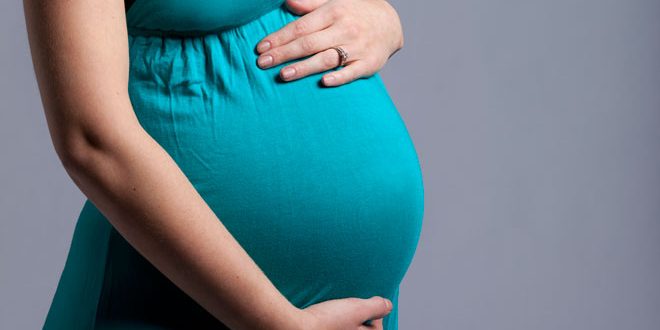Babies born less than two years after their mothers have weight loss surgery may face a higher risk of serious complications than infants delivered after more time has passed, a U.S. study suggests.
Scientists examined the medical records of mothers who delivered their children in Washington State from 1980 to 2013. They looked at around 10,000 families, comparing the health outcomes of nearly 2,000 mothers who had received bariatric surgery to similarly matched mothers who hadn’t. These mothers had a higher risk of delivering their children prematurely, to have them need intensive care, and to have low birth weight and overall poorer health. They were also more likely to require a cesarean section. The risks were highest for women who had their surgery within the past two years.
“A recently postoperative mother with underlying nutritional, metabolic, and physiological changes is at an elevated risk for perinatal complications,” concluded a team led by Dr. Brodie Parent.
Although bariatric surgery is considered a valuable treatment for obese patients who meet its criteria, doctors have long worried about its effects on later pregnancy since patients can suffer from nutritional deficiencies and other side effects. As the authors noted in their study, the American College of Gynecologists (ACOG) recommends that such patients wait at least two years before planning to get pregnant, though there’s little solid research on the safest amount of time to wait.
Overall, 14 percent of mothers with a history of bariatric surgery had a premature delivery compared to 8.6 percent of mothers without; 15 percent had children who went into intensive care compared to 11 percent; and 18 percent had children born in poorer health, compared to 15 percent of non-bariatric moms. There was no significant difference when it came to deaths, and the increased risk of premature birth and intensive care treatment disappeared for moms who had surgery more than 2 years earlier, in line with ACOG’s advice.
The findings do suggest that extending ACOG’s recommendation to 3 years post-surgery may be worthwhile, the authors said, since the risk of a low weight birth and other health concerns persisted until then.
“Undoubtedly, bariatric operations result in many health benefits for morbidly obese women of childbearing age and reduce obesity-related obstetrical complications,” they noted. “Findings from this study should not deter bariatric surgeons from offering such therapy to this population.”
Agencies/Canadajournal
 Canada Journal – News of the World Articles and videos to bring you the biggest Canadian news stories from across the country every day
Canada Journal – News of the World Articles and videos to bring you the biggest Canadian news stories from across the country every day



